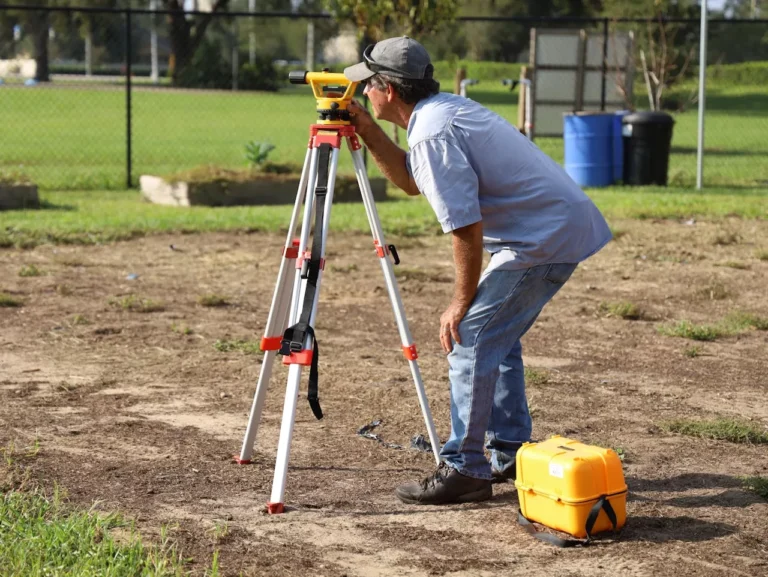
SHED Innovation Completes Successful NYC Pilot Installations of the Halo Scaffolding System, Demonstrating Faster, Cleaner, and More Cost-Effective Construction Solutions
SHED Innovation, a New York City-based infrastructure design and distribution firm, has announced the successful completion of two pilot installations of its groundbreaking Halo Scaffolding System at 210 Fifth Avenue and 1132 Broadway in Manhattan. These milestone projects represent the first real-world deployments of Halo, a modular scaffolding and sidewalk protection system that redefines the speed, efficiency, and aesthetics of temporary construction infrastructure in dense urban environments.
The pilot installations—conducted in partnership with local contractors and property owners—were designed to test Halo’s performance in live jobsite conditions. Both projects validated the system’s promise: accelerated assembly times, reduced labor requirements, lower overall costs, and a visibly cleaner footprint that enhances street-level aesthetics while improving accessibility and safety.
A New Standard for Scaffolding Efficiency
Unlike traditional scaffolding and sidewalk shed systems that rely heavily on bolted joints and custom-fit components, Halo is engineered around a proprietary screwless, pin-based mechanism that allows components to interlock quickly and securely. This design enables a faster, tool-minimized installation and disassembly process—often completed in nearly half the time of conventional systems.
“The pilots were a chance to see Halo perform in the environment it was built for,” said Marco Libani, co-founder of SHED Innovation. “We’ve always believed that smarter engineering and simpler assembly could make scaffolding more efficient, more cost-effective, and less disruptive for the city. Seeing that play out on active sites confirmed that Halo delivers on all three.”
According to SHED’s internal performance metrics, both pilot sites demonstrated installation time savings of up to 45%, translating to shorter setup windows, less street obstruction, and reduced overall project downtime. Contractors reported immediate gains in crew productivity, while property owners benefited from minimized disturbance to pedestrian traffic and business access.
Designed for Speed, Simplicity, and a Cleaner Urban Footprint
New York City’s streets are lined with over 300 miles of active scaffolding—a visible byproduct of the city’s aging building stock and strict façade maintenance requirements. While essential for public safety, these traditional sheds have long been criticized for their bulky metal frames, obstructive sightlines, and dark, uninviting presence on the streetscape.
Halo aims to change that narrative.
Each Halo structure features refined, lightweight aluminum framing, a minimalist load-bearing configuration, and integrated lighting channels that improve visibility and safety at night. The result is a temporary structure that not only serves its protective purpose but also contributes positively to the urban environment.
For SHED, this emphasis on aesthetic integrity is not just an architectural afterthought—it’s a key differentiator. “We designed Halo to look and feel intentional,” explained Libani. “It’s a system that respects the city and the people who move through it every day.”
Feedback from retailers and nearby businesses at both pilot sites was overwhelmingly positive. Storefront tenants noted improved street-level visibility compared to conventional sheds, which often obscure signage and reduce natural light. Pedestrians, too, experienced a noticeably brighter and more open walkway, creating a safer and more comfortable urban passage.
Engineering Meets Economics
The benefits of Halo extend beyond its physical design. SHED Innovation has built its business model around accessibility and flexibility, offering the system through a leasing structure that eliminates upfront capital costs for property owners.
Under this model, contractors can lease Halo directly from SHED, using it as part of their standard project toolkit. Property owners then work with their preferred contractors without assuming the burden of equipment ownership, storage, or maintenance. This approach reduces both logistical complexity and long-term operational expenses.
“Traditional sidewalk sheds are expensive to install, maintain, and store,” said a SHED operations spokesperson. “By leasing Halo to contractors, we help streamline those challenges—giving project teams a system that’s always up to code, always ready to deploy, and always cost-effective.”
This model also makes Halo particularly attractive for short- and mid-duration projects, such as façade inspections, minor exterior repairs, or temporary installations for event infrastructure. In a city where construction timelines and real estate costs are under constant pressure, Halo’s scalability and reusability offer a compelling return on investment.
Data-Driven Results from Manhattan Pilots
Both pilot projects were conducted over several weeks in early 2025 and were closely monitored for performance, safety, and end-user feedback. Data collected during installation and operation revealed consistent gains in multiple key metrics:
- Assembly Time: Average setup time was reduced by 40–50% compared to standard sidewalk shed systems.
- Labor Efficiency: Crews required 25–30% fewer labor hours due to the simplified pin-based assembly process.
- Material Handling: Lightweight modular components decreased the need for heavy equipment and reduced overall transport costs.
- Operational Footprint: Each installation occupied less street space, improving pedestrian flow and allowing adjacent retail access to remain uninterrupted.
- Aesthetic Impact: Surveys from nearby tenants and pedestrians rated the Halo installations 70% higher in visual appeal than traditional alternatives.
These outcomes reaffirm SHED Innovation’s central mission: to elevate the functional and visual standards of temporary urban construction infrastructure.
Toward a Smarter Urban Construction Future
Following the success of these initial installations, SHED Innovation plans to expand Halo deployments across additional New York City sites in 2026, including partnerships with union contractors and property management groups. The company is currently in discussions with several major developers and city agencies about integrating Halo into broader construction and maintenance programs.
The upcoming rollout will focus on refining Halo’s modular adaptability—developing new configurations for multi-level façade access, pedestrian canopies, and special event applications. SHED’s R&D team is also exploring sustainable material sourcing and digital asset tracking, including IoT-based sensors that can monitor structure health and load performance in real time.
“Our goal is to make scaffolding smarter, safer, and more sustainable,” said Libani. “Halo is just the beginning. By rethinking even the most familiar pieces of urban infrastructure, we can build a city that’s more efficient, more beautiful, and more connected.”
A Broader Vision for Infrastructure Innovation
Founded in New York City, SHED Innovation operates at the intersection of engineering, architecture, and product design. The company’s mission is to bring intelligent modular systems to the construction and infrastructure industries—transforming temporary installations into long-term assets that enhance the built environment.
With Halo, SHED is pioneering a new category of urban scaffolding that reflects modern values: efficiency, adaptability, and sustainability. Its approach aligns with growing municipal and private sector efforts to reimagine public safety infrastructure through better design and technology.
Beyond scaffolding, SHED is developing complementary systems aimed at improving construction logistics, urban site management, and pedestrian safety solutions, reinforcing its commitment to smarter cities built on smarter systems.
Source Link: https://www.businesswire.com/




